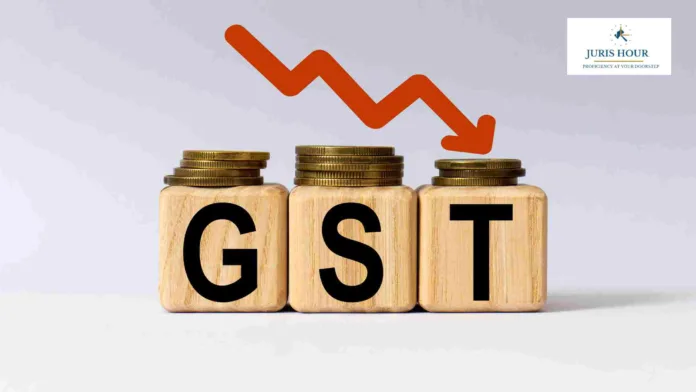The compensation cess—levied on goods like high-end cars, tobacco, and carbonated beverages—may be merged into the broader Goods and Services Tax (GST) framework by March 2026. Initially introduced in 2017 to compensate states for revenue loss following the GST rollout, the cess was extended in 2022 to service loans taken during the pandemic. It is expected to generate around ₹1.67 trillion in the current fiscal year.
What This Means?
No direct impact on consumer prices: For example, an SUV currently taxed at 28% GST plus 22% cess would continue to bear the same overall tax burden. However, the cess portion would be absorbed into GST.
Enhanced revenue sharing with states: At present, compensation cess revenue accrues only to the Centre. If merged into GST, it will fall under the divisible pool of taxes, of which 41% is currently allocated to states based on the Finance Commission’s formula.
Rationalising GST Slabs
The government is considering the elimination of the 12% GST slab and reassigning most items in that bracket to the 5% slab. The 12% slab presently includes items such as processed foods, mid-range garments, and building bricks. Moving these to the 5% slab would help simplify the tax structure into three primary slabs—5%, 18%, and 28%.
This reform could reduce classification disputes, promote better compliance, and make the tax regime more predictable. However, some low-revenue states may resist due to concerns over reduced collections.
Centre vs State Revenue Dynamics
While the Centre may comfortably absorb the fiscal impact of these changes, certain states with weaker finances may find the transition challenging. Historically, the Centre has addressed such concerns by maintaining higher rates on so-called sin goods, such as tobacco and alcohol, to generate additional revenue.
Alongside these key reforms, the GST Council will also deliberate on matters including e-invoicing for business-to-consumer transactions, appellate tribunals, and clarity in taxation for sectors such as real estate, gaming, and insurance.
Timeline and Next Steps
The GST Council, headed by Finance Minister Nirmala Sitharaman, is likely to meet in the third week of July or shortly after the Parliament’s monsoon session. The agenda will include discussions on cess integration and slab rationalisation.
Meanwhile, the Sixteenth Finance Commission, which will make recommendations for revenue distribution for the period FY27–31, is expected to take these developments into account. Should there be delays in the GST Council’s decisions, the Commission might introduce flexibility in its recommendations regarding tax devolution.

